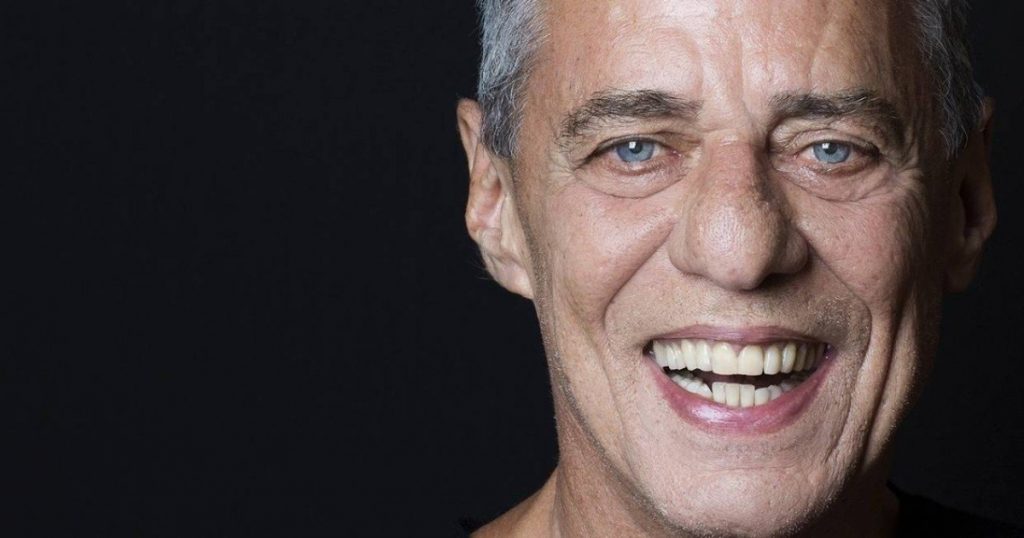RIO DE JANEIRO, BRAZIL – The Brazilian embassy in Montevideo, Uruguay, censored the screening of a film about the life and work of musician Chico Buarque in that country. The work was to be shown at the “Brazil Film Festival 2019”, which takes place in October and, among others, is sponsored by the Brazilian Embassy in the country.
JMB Producciones of Uruguay informed director Miguel Faria Junior about the Embassy’s decision to censor the film. In a letter, the film producer said that she had received a message from the exhibitor saying that they had been called to the embassy to ask them to remove the work about the artist from the program.
“Although it is logical due to the political situation in Brazil, in Uruguay it is very serious that the screening of a film is censored because, in this case, JMB Filmes de Uruguay is the distributor and this action affects our interests,” the statement said.
Brazilian embassies around the world have been suffering political interference from President Jair Bolsonaro. In April of this year, at the beginning of his term, the president changed 15 ambassadors in key posts to improve his image. In addition, the president stated, it was the ambassadors’ job to defend Brazil’s image before other governments.
Francisco “Chico” Buarque de Hollanda, popularly known simply as Chico Buarque, is a Brazilian singer-songwriter, guitarist, composer, playwright, writer and poet. He is best known for his music, which often includes social, economic and cultural commentary on Brazil. He is also known for his leftist political positions and fervent support for former president Lula.

Following the Brazilian military coup of 1964, Buarque avoided censorship by using cryptic analogies and wordplay, for example, in the song “Cálice” (“Chalice”), a duet written in 1973 with Gilberto Gil and released with Milton Nascimento in 1978.
Buarque, along with several Tropicalist and MPB musicians, was threatened by the Brazilian military government and eventually left Brazil for Italy in 1969. However, he came back to Brazil in 1970, and continued to record, perform, and write, though much of his material was suppressed by government censors.
During the 1970s and 1980s, he collaborated with filmmakers, playwrights, and musicians in further protest works against the dictatorship. Buarque approached the 1983 Concert for Peace in Nicaragua as a valid forum to vocalize his strong political views. Throughout the decade, he crafted many of his songs as vehicles to describe the re-democratization of Brazil.
He released several more albums in the 1980s and published three novels in the 1990s and 2000s.
Source: Carta Capital

